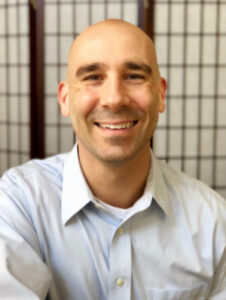
Podcast: Play in new window | Download
Section I
Are Smart Phones a benefit or a curse for the teenager in school? This is becoming a huge topic this past year or so. Logic would seem to dictate that this is a curse more than a benefit, but what does the data and expert opinion show?
The Scientific American article “Do Phone Bans Help Students Perform Better in School?” examines the growing trend of banning smartphones in schools to enhance student performance and well-being. Numerous U.S. cities, including New York and Los Angeles, have recently implemented or are considering bans on phones in classrooms. Schools use tools like the Yondr pouch, which locks phones away during school hours, to enforce these bans. These measures are popular with educators and parents, with 60% of likely voters in New York State supporting such restrictions. Charlotte Schools has this policy: “In accordance with Charlotte-Mecklenburg Schools Student Code of Conduct, personal technology devices, including cell phones must remain off and put away during school hours. Violations will result in confiscation of the personal technology device. The district is not responsible (monetary value or replacement) for theft, loss or damage to personal technology or other electronic devices brought onto CMS property.” (CMS) My informal poll has a higher number of parents interested in phone ban restrictions in North Carolina….plus a section on teen anxiety.
Enjoy,
Dr. M






















